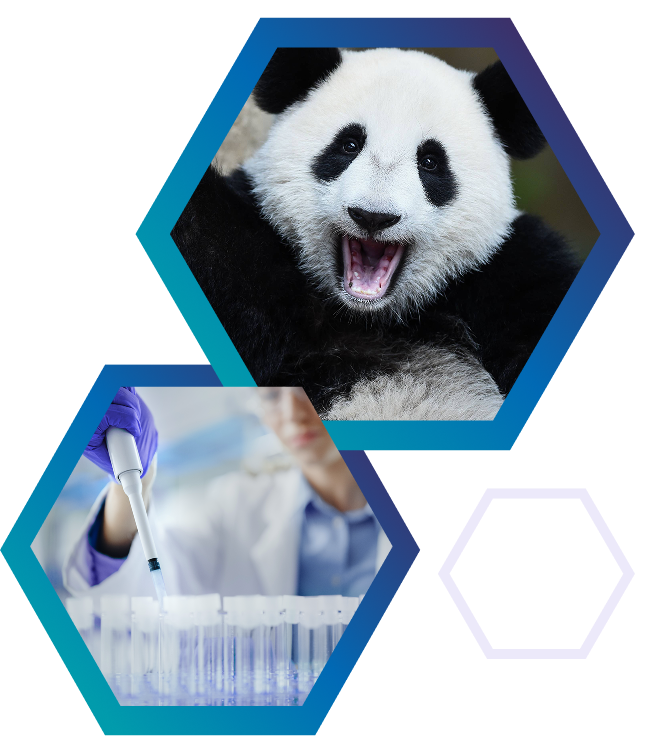
Understanding Assays: ELISA, Activity, and Detection Kits for Reliable Research
Navigating these types of assays may seem complicated, but they are crucial tools in scientific discovery. This guide simplifies different assay types, their applications, and their role in biomarker research and development. Arbor Assays offers high-quality kits for ELISA, activity, and detection assays—essential for producing reliable data in your research.
What is an Assay and Why It Matters in Research?
In research, an assay measures the presence, amount, or activity of a specific substance (analyte) in a sample. Assays provide critical information about biological molecules, chemicals, or drug effects. Scientists and medical professionals use them to understand biological processes and make informed decisions.
In biomarker research, assays identify biological markers linked to disease, stress, pregnancy, and more. They deliver precise measurements, allowing researchers to monitor health, evaluate treatments, and develop new therapies.
What are the Various Types of Assays?
There are several types of assays, each tailored for specific purposes based on sample type and desired information. Below are the three primary categories that Arbor Assays specializes in:
1. ELISA
An Enzyme-Linked Immunosorbent Assay (ELISA) measures the interaction between a ligand (a molecule that binds to another, usually larger molecule) and an antibody. An enzyme linked to a second antibody or competing antigen catalyzes a measurable reaction, allowing for precise biomarker quantification. ELISAs can be further divided into four subtypes – direct, indirect, sandwich, and competitive. These subtypes are determined by how antibodies are used in the assay.
Highly sensitive and specific, ELISAs are ideal for detecting and quantifying proteins, hormones, and other antigens in samples. They are widely used in various research capacities due to their versatility and reliability. In drug discovery, ELISAs help study potential drug interactions with their targets.
2. Detection Assays
Detection assays use chemicals that react directly with the target analyte, inducing a change in color, fluorescence, or another measurable variable. Unlike ELISAs, they typically do not include the use of antibodies. Detection assays are crucial in identifying the presence of specific biomolecules in a sample, which can be indicative of various diseases or biological conditions. These assays are widely used in research, environmental testing, and food safety monitoring.
3. Activity Assays
Activity assays assess the ability of the target molecule to act on a substrate in a measurable way, often by producing a colorimetric or fluorescent product. They are often used to test the potency and efficacy of drugs and other biologically active compounds, providing critical insights into the functional properties of biological molecules. These assays are essential in pharmacology, toxicology, and enzymology, where understanding the activity of compounds is crucial for drug development and safety assessment.
What is the Difference Between an Assay and an Immunoassay?
Immunoassays are a type of assay, but not all assays are immunoassays. Immunoassays use antibody-antigen interactions to detect or measure substances, while traditional assays employ various methods. Researchers rely on immunoassay kits, such as those from Arbor Assays, to provide accurate measurements of biological markers.
- Assay: A broad term that encompasses any procedure to measure the presence, amount, or activity of a target substance in a sample.
- Immunoassay: A specific type of assay that uses antibody-antigen interactions for detection. Immunoassays are highly specific, ideal for research and biological marker monitoring.
Immunoassay kits are widely used in research because they provide accurate and reliable measurements of various biomarkers. These types of kits are essential tools in understanding disease and immune responses and evaluating the efficacy of therapeutic interventions.
Is an ELISA an Immunoassay?
Yes, an ELISA (Enzyme-Linked Immunosorbent Assay) is a common immunoassay that detects and measures soluble substances such as proteins, hormones, and antigens. Researchers use ELISAs in biomarker research to identify biological markers linked to diseases like cancer and cardiovascular disorders. ELISAs provide accurate results and contribute to developing targeted therapies and personalized medicine for various species.
How Assays Drive Biomarker Discovery and Precision Research
Assays are essential tools for biomarker quantification, helping scientists identify and measure biological markers associated with diseases like cancer, cardiovascular conditions, and autoimmune disorders. In biomarker discovery, assays allow researchers to evaluate the effects of treatments and identify disease states, making them key in developing targeted therapies and advancing personalized medicine.
How does Arbor Assays fit in?
Assays are essential for understanding biological processes. Whether you need ELISA, detection, or activity assays, these types of assays serve a unique purpose in research. They allow scientists to obtain accurate measurements and better understand disease mechanisms.
Arbor Assays commits to delivering high-quality assay kits that provide precise, reliable results. We design our kits with researchers’ needs in mind to ensure you receive the best data every time. Check out our assay kits to see how they can support your next research project.
By understanding the different types of assays and their applications, researchers can make informed decisions and contribute to advancements in biomarker research. With Arbor Assays’ commitment to excellence, you can trust that our products will meet your research needs and help you achieve your scientific goals.
